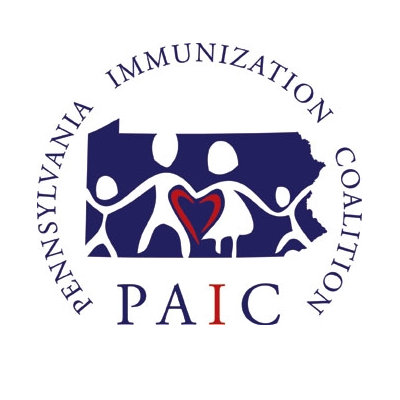Most parents of unvaccinated teens have no intention of getting HPV vaccine for their kids, study finds
The human papillomavirus (HPV) vaccine has been proven to prevent certain types of oral and genital cancers and other health problems. However, in a study published this week in Lancet Public Health, researchers found that more than half of the parents of adolescents who have not received the HPV vaccine had no intention to initiate the vaccine series for their children.
Using data from a nationally representative survey of U.S. adolescents, the study authors estimated national-level and state-level parental intent to initiate and complete the HPV vaccine series for their kids. In states including Idaho, Montana, Nebraska, North Dakota, Oklahoma, and Utah, more than 65% of parents of unvaccinated adolescents had no intention to initiate the HPV vaccine series.
According to the most recent data by the Centers for Disease Control and Prevention, Wyoming and Mississippi have the lowest HPV vaccine rates at roughly 50%. The new study found that of parents of unvaccinated adolescents in these states, almost 62% and 57%, respectively, did not intend to initiate the HPV vaccine for them.
Lack of parental intent to complete the vaccine series was lowest in the District of Columbia, at nearly 11%, and Rhode Island, at 20%. HPV vaccination is mandated in both regions.
ADVERTISEMENT
In Philadelphia, HPV vaccine coverage is among the highest in the country — roughly 71% in 2018, according to CDC data. Still, in Pennsylvania, between 60% to 65% of the parents of unvaccinated adolescents do not intend to have their kids start the vaccine.
“I was surprised that the intent to vaccinate [for HPV] is this low,” said Cynthia DeMuth, a primary-care pediatrician in Harrisburg and the Pennsylvania Chapter immunization representative for the American Academy of Pediatrics, who was not involved with the study.
The HPV vaccine guidelines recommend that adolescents who start the vaccine series before their 15th birthday receive two doses, or three doses if they start after their 15th birthday.
But even among kids who receive the first dose, many parents don’t intend to have their child complete the series, the study found. Nationally, almost a quarter of the parents of adolescents who received the first dose of the vaccine had no intention to complete the series. In states like Arkansas, Florida, Georgia, Hawaii, Idaho, Utah, and West Virginia, that percentage was even higher, at more than 30%.
Research suggests that parents’ main driver is perceived safety of the vaccine, which may be due to past reports of adverse effects since the vaccine’s approval in 2006.
“It’s a safe and effective vaccine, and there haven’t been any serious adverse events related to the vaccine,” DeMuth said.
Studies have since proven that rates of cancers that are prevented by the HPV vaccine have greatly decreased. Experts estimate that widespread HPV vaccination has the potential to reduce new cervical cancer cases around the world by as much as 90%.
Lack of knowledge about the vaccine and lack of recommendations from health-care providers are also reasons expressed by parents with no intent to vaccinate their kids.
“Adults between the ages of 18 to 45 don’t even know what HPV is, and there is a vaccine to protect it,” said Kalyani Sonawane, professor in the department of management, policy, and community health at the University of Texas Health Science Center and lead author of the study.
There are also perceptions that the vaccine is not needed for younger teens who may not be sexually active, as HPV is mainly sexually transmitted.
When declining the HPV vaccine, “sometimes parents say their child is too young and isn’t sexually active, and they’ll think about it for next year,” DeMuth said. “But the vaccine works better at young ages — the antibody levels are higher at a younger age with two shots compared to three shots at older ages.”
Read the full article here.
